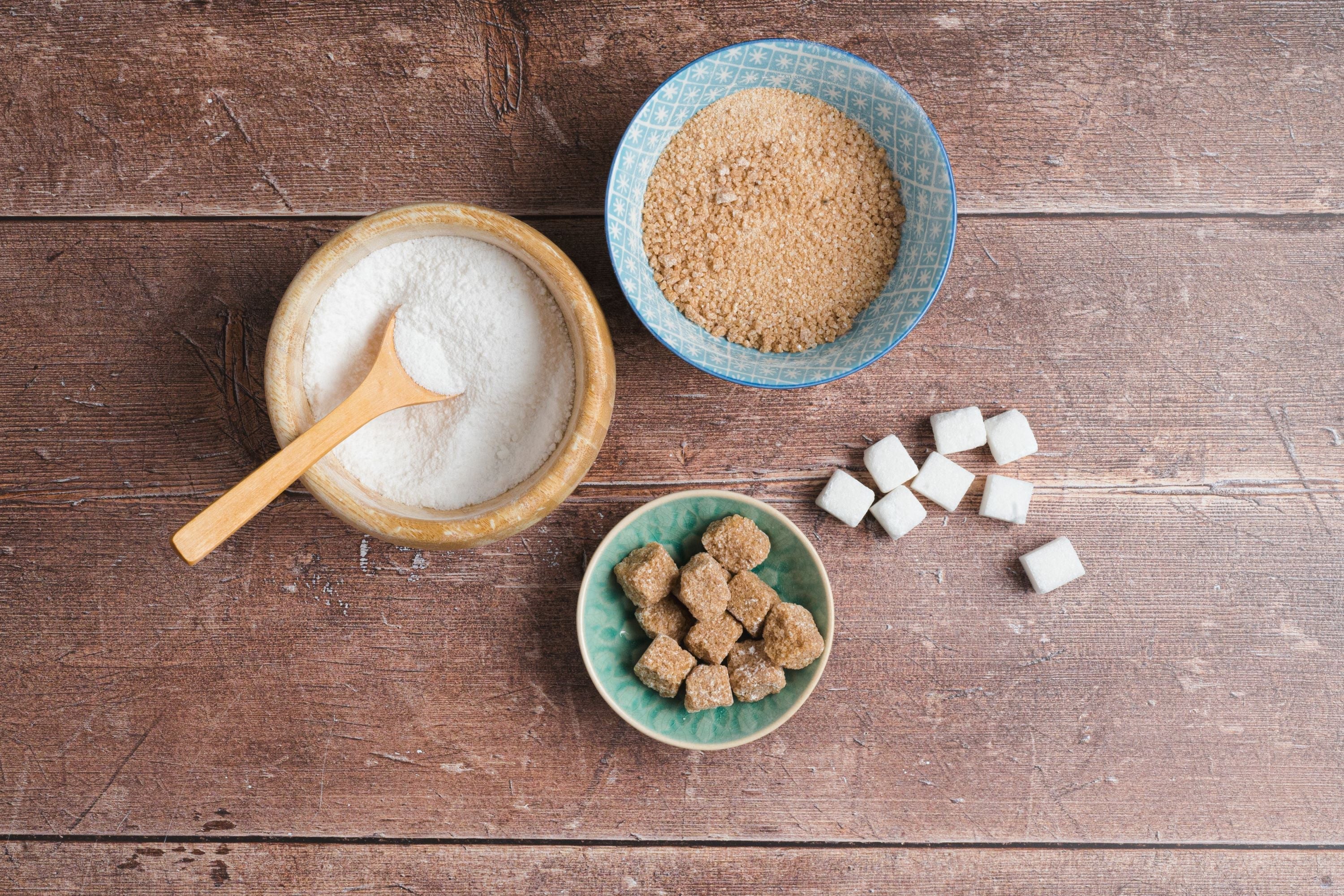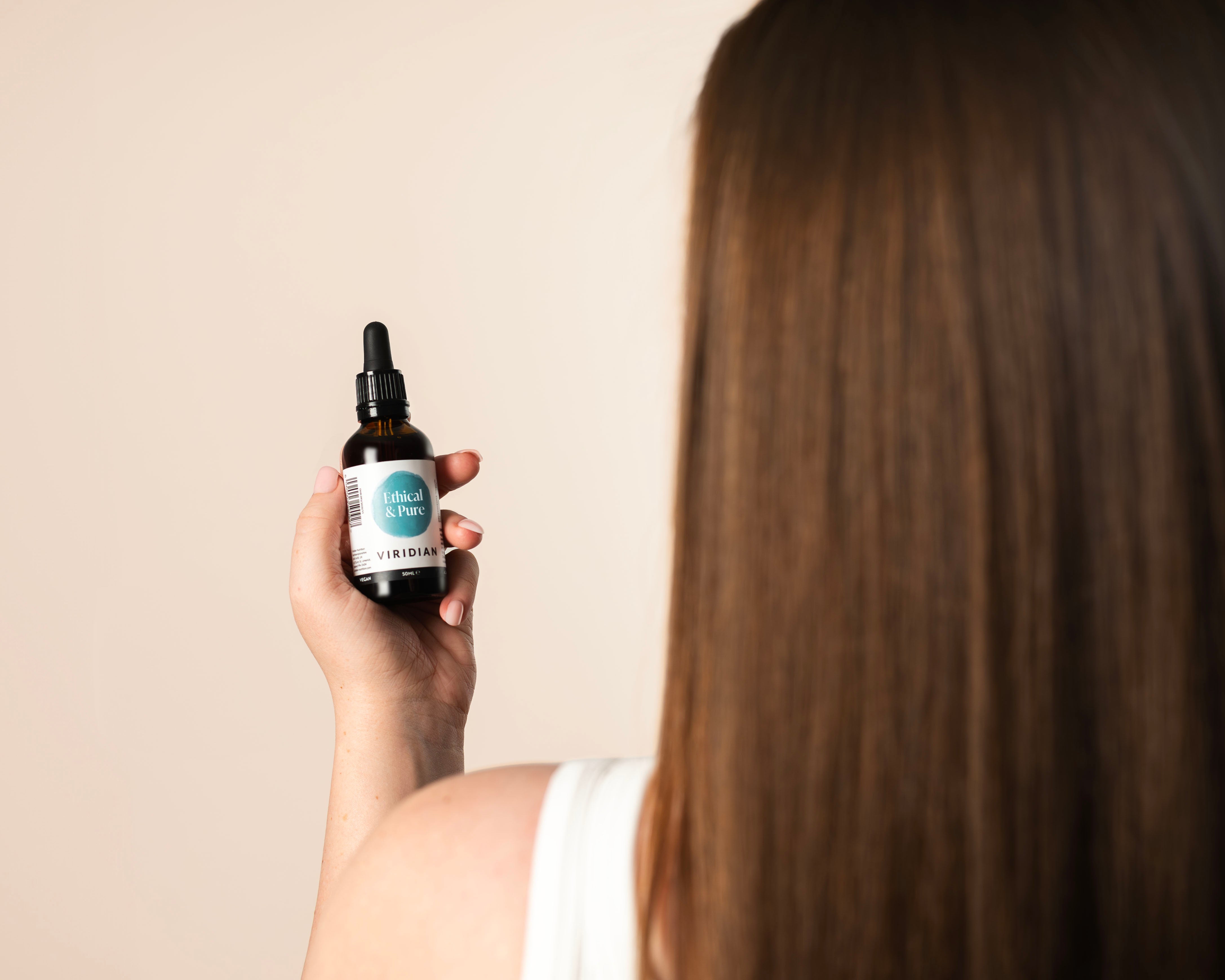
The mineral magnesium is a powerhouse nutrient which is crucial for an extraordinary number of bodily functions – in fact is important in over 300 biochemical reactions in the body. From regulating mood, maintaining healthy heartbeat to supporting sleep, muscle and nerve function along with energy production to name just a few. It’s clear the mineral is vital for both men and women. In this article, we explore the women specific health benefits of magnesium.
Over the course of their lives, women can experience additional emotional and physical demands on their bodies. This can often include juggling careers with pregnancy and raising a family, possibly in addition to health issues such as premenstrual syndrome (PMS), polycystic ovary syndrome (PCOS), mental health conditions or digestive issues, and also experiencing perimenopausal or menopausal symptoms in their forties, and bone health into their menopause. Here’s how magnesium can support women.
Stress management and detoxification
Stress can impact women at any age or life stage and magnesium can play a vital role in stress management along with vitamins B5, B6 and C. Magnesium is used up rapidly by the adrenal glands which produce stress hormones. Ensuring the diet provides adequate magnesium can increase stress resilience.
Magnesium also plays a role in detoxification - this is where toxins are eliminated from the body, a role which largely falls to the liver. Toxins can disrupt several body processes such as hormone balance, skin health, brain function and digestion. Optimal detoxification is vital at any age but perhaps none more so than during conception and pregnancy.
Premenstrual Syndrome (PMS) and Polycystic Ovary Syndrome (PCOS)
Magnesium contributes to normal hormone production and similarly assists insulin in removing blood glucose and delivering it to the cells i.e. supporting healthy blood glucose level. This can be especially important for those with PCOS where blood glucose management is disrupted. Magnesium is also involved in hormone regulation, and low levels are linked to an increased risk of PMS symptoms including mood changes and fluid retention.
Magnesium is also involved in hormone regulation, and low levels are linked to an increased risk of PMS symptoms including mood changes and fluid retention.
Menopause
Menopause is characterised by a decline in the hormones oestrogen and progesterone, and sometimes testosterone, and ultimately the cessation of menstruation. The experience can be exacerbated by an inadequate intake of the nutrients necessary to produce hormones, subsequently, magnesium alongside vitamin B6 and saturated fats intake is vital.
Magnesium can be useful to support menopause symptoms such as mood fluctuations, poor sleep, and the ability to cope with stress. It can also be useful for those with increased blood pressure. When this mineral is combined with calcium and vitamin D, it is important for supporting bone mineral density in those susceptible to osteopenia or osteoporosis.
How much magnesium do women need?
To support this wide range of roles, government health experts recommend that women should aim to consume 300mg daily.
Dietary sources:
Magnesium can be found naturally in many different foods but in small quantities. To meet this, each meal should have at least 3 magnesium containing foods to help achieve a realistic daily intake.
Fortunately, certain wholefoods are rich in magnesium such as oats, barley, brown rice and quinoa. Other good sources include oily fish at 120mg per fillet and pumpkin, flax and chia seeds and dark chocolate (minimum 70% cocoa solids). Leafy green vegetables such as spinach, chard and kale are all great sources alongside nuts including brazils, cashews and almonds.
Try adding a large handful of leafy green vegetables to each meal. Leaves such as spinach, kale, mustard greens and collard greens are great additions to meals and smoothies and can provide 150mg per double handful.
Support from supplements
For those days when meals are lacking in magnesium rich sources, a food supplement may be a good option. Ideally, choose 300mg of magnesium per serving. Magnesium food supplements can be found as capsules, but also a liquid or powder which can be easy to add to smoothies or drinks. Look for supplements with no binders and fillers and containing 100% active ingredients.
For women, magnesium makes especially good partners with saffron and/or vitamin B6, or in combination with calcium, and zinc or boron
If you are looking to optimise your magnesium intake using food supplements, magnesium is available on its own or partnered with other nutrients. For women, magnesium makes especially good partners with saffron and/or vitamin B6, or in combination with calcium, and zinc or boron.
Magnesium is contraindicated with some medication, especially those that act on the cardiovascular system or support osteoporosis. For this reason, it is recommended that you discuss any potential supplementation with your GP when you are prescribed medication.
Conclusion:
Magnesium has wide-reaching benefits for women throughout their life. In terms of treatment and prevention, this impressive mineral can support many health issues from pregnancy to managing symptoms of PMS and the menopause. For more about magnesium intake and catering for individual needs, visit your local independent health store: www.findahealthstore.com
Author: Corin Sadler BSc, DipION, FDSc is a Medical Herbalist and Senior Nutritionist at ethical vitamin company Viridian Nutrition. She has a Degree in Clinical Herbalism, and a Diploma and Foundation Degree in Nutritional Therapy.
The information contained in this article is not intended to treat, diagnose or replace the advice of a health practitioner. Please consult a qualified health practitioner if you have a pre-existing health condition or are currently taking medication. Food supplements should not be used as a substitute for a varied and balanced diet.







